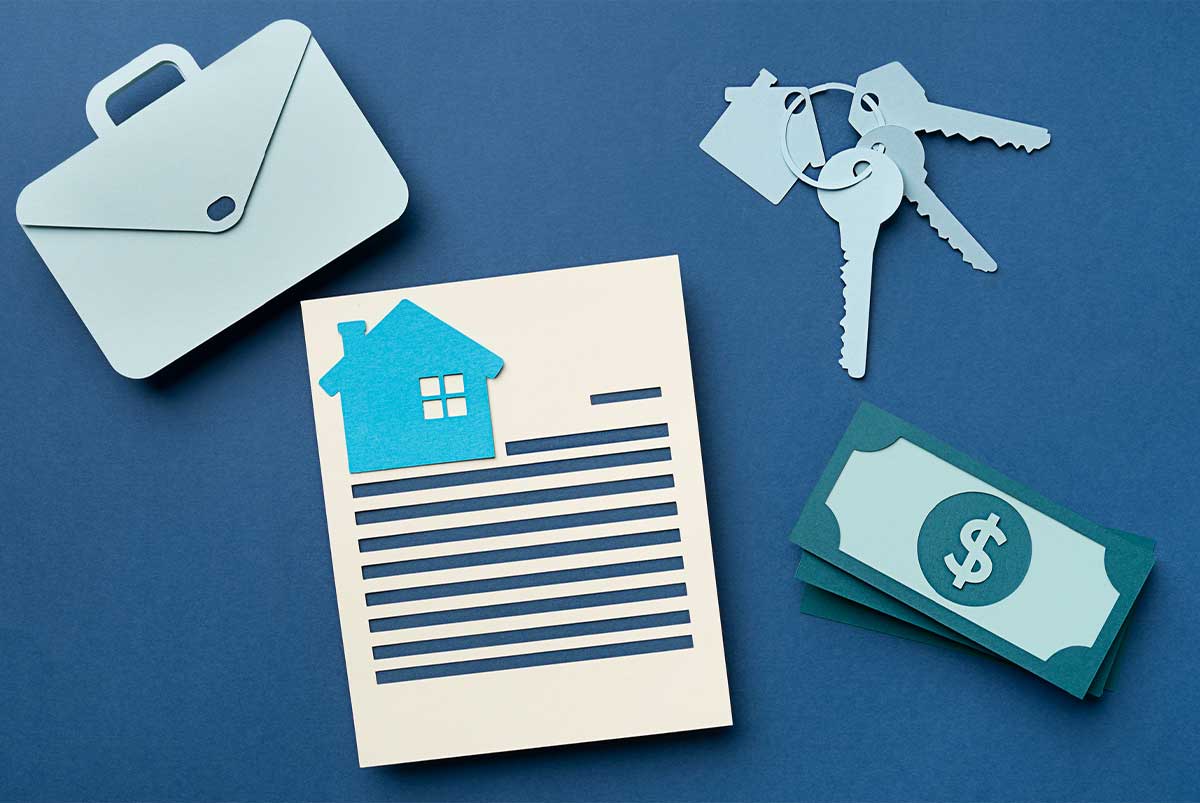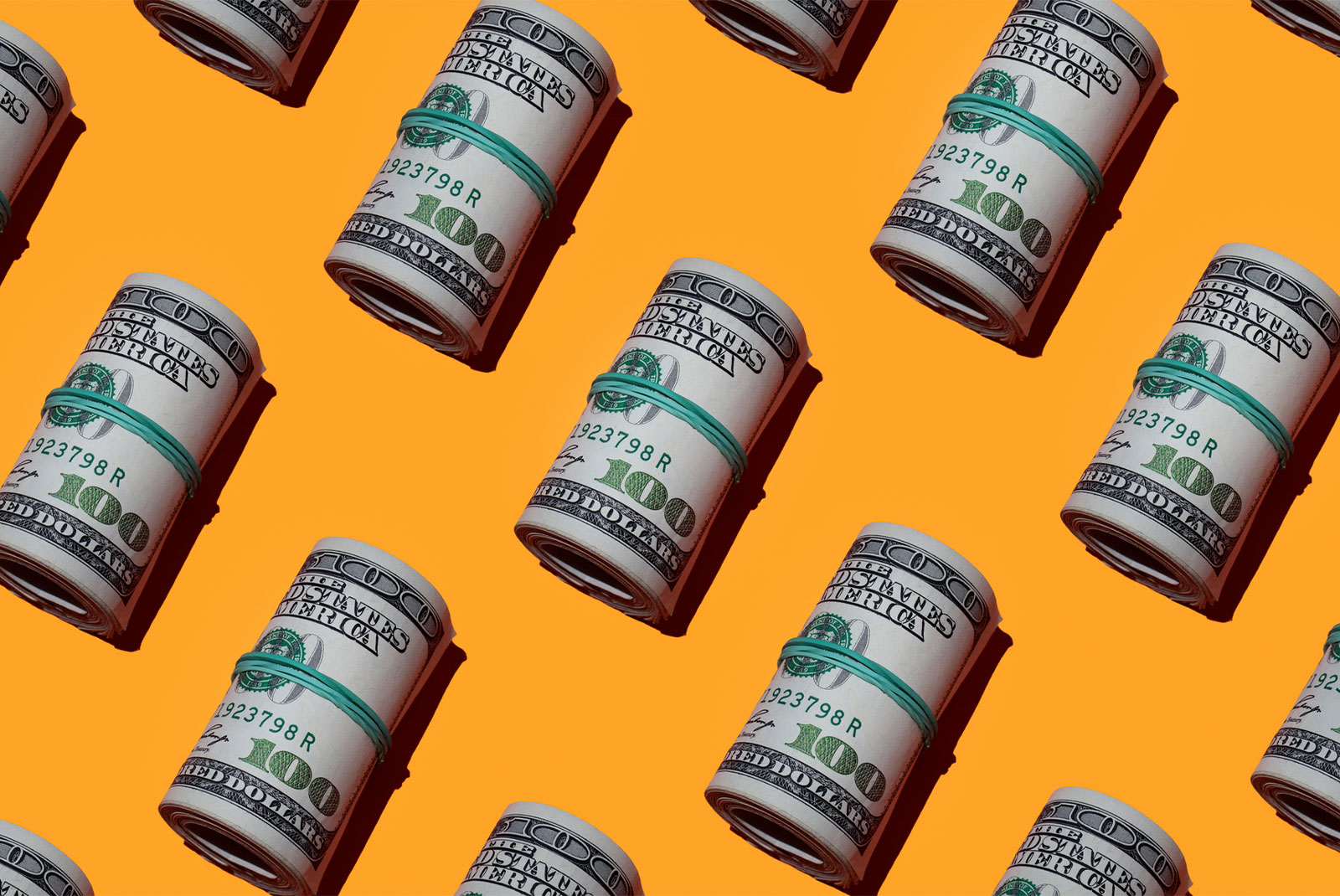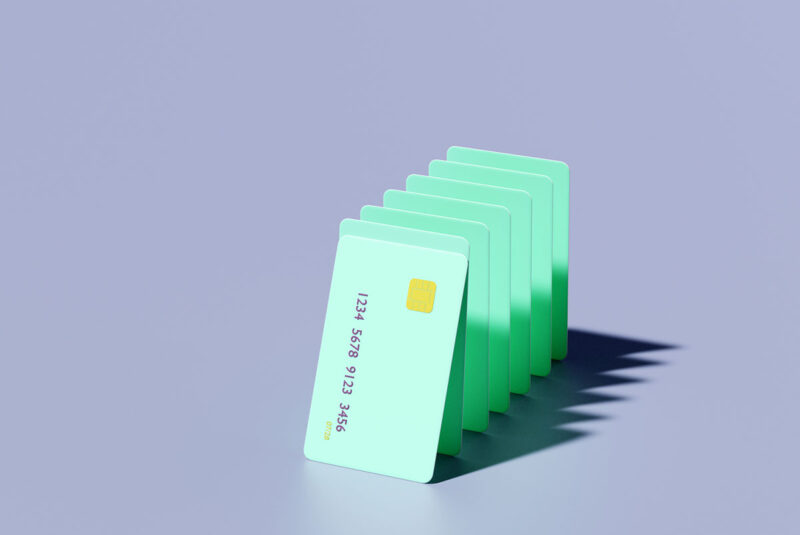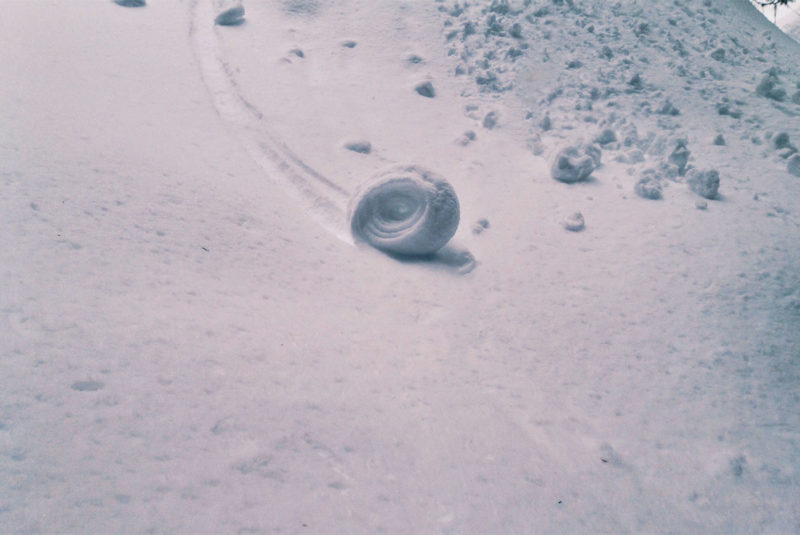When people think of a security deposit, many associate it with renting a home or apartment. In reality, security deposits are used for many purposes, like establishing new utility services, renting a place for a getaway, and even car rentals. Security deposits are also associated with certain types of credit cards.
Keep reading for more information about the different types of security deposits and how they work. We’ll also cover tips for reducing security deposit requirements and, in some cases, avoiding the need to put down any money out of your pocket at all.
The Short Version
- A security deposit is an amount you need to pay as collateral to a company to help ensure that you meet the terms of your agreement
- Secured cards require security deposits to be approved, and your credit limit will usually equal the amount of your deposit
- You may be able to qualify for a secured credit card even if you have no credit or bad credit
What Is a Security Deposit?
A security deposit is a sum of money that you give to a business to ensure you will fulfill a financial agreement. It’s a form of collateral for the creditors or financial institutions extending credit, housing, or services to you.
If you don’t fulfill your agreement according to its terms, you might forfeit either a portion or all of the deposited funds. But if you do honor the terms of your agreement (with on-time payments, etc.), you may receive a refund of your security deposit at some point in the future.
Credit Card Security Deposit
When you have poor credit (or no credit), it can be difficult to qualify for a traditional unsecured credit card account. However, if you’re comfortable putting down a security deposit to open an account, a secured credit card is an option that’s worth considering.
How do secured credit cards work?
With unsecured credit cards, financial institutions approve or deny your application based on your creditworthiness and other factors. If your credit scores and credit history aren’t strong enough to satisfy a bank’s qualifying criteria, you won’t be eligible to open an account.
A secured card, by comparison, lets you put down a security deposit to tip the scales in your favor. The deposit you provide — typically equivalent to the credit limit of your account — reduces the amount of risk involved for the lender.
As a result, you may be able to qualify for a secured credit card even if you have no credit or bad credit (see our favorite credit cards for no credit or bad credit).
Most secured credit card issuers have a minimum security deposit requirement to open a new account — often around $200 or $300. If you want a higher credit line, you’ll likely need to supply a bigger cash deposit.
There may be an upper limit on your security deposit with a secured credit card as well. While every card issuer sets its own account guidelines, the maximum deposit and credit line on many secured cards caps out at around $2,500, although some are quite a bit higher.
Before you apply for a secured credit card, you should be prepared to cover the cost of your deposit. Once a credit card company approves your application, you will likely need to transfer the funds from your bank account for your security deposit (plus any applicable fees) right away.
Get a convenient payment method and rebuild your credit.
Do secured credit cards require annual fees?
Some credit card companies charge annual fees for their secured credit card products. Annual fee amounts can vary, but they frequently run $29, $39, $49, or more each year your account is open.
Meanwhile, some secured credit card options, have no annual fee requirement. These differences illustrate another reason why it’s important to research the best-secured credit cards available before you start the application process.
Secured credit card interest rates
Card issuers design secured credit cards primarily for people with poor credit or no credit. As a subprime credit card product, you can expect to pay a higher annual percentage rate (APR) with these types of accounts.
Interest rates from 17.99% – 24.99% are not uncommon for these kinds of credit cards, though you might be able to find some better deals. By comparison, the Federal Reserve reports that the average credit card interest rate (for accounts that assessed interest) was 15.91% in February of 2021.
However, whether your card is secured or unsecured, you can usually avoid being charged interest on your purchases if you pay your statement balance in full each month. Do that consistently and your APR doesn’t need to matter at all.
Secured credit cards vs. Prepaid debit cards
Be careful not to confuse secured credit cards with prepaid debit cards. Although these pieces of plastic may look similar on the outside, they work in very different ways.
- With a prepaid card, you load it with a certain value, like a gift card. When you make purchases with your prepaid debit card, the charges reduce your available balance. You can reload the card with more money as you see fit. Prepaid cards don’t require a credit check to get, and they don’t help or hurt your credit; see the top prepaid cards here.
- The deposit on a secured credit card serves as collateral for the account. If you charge $50 on a secured credit card, your available credit limit will fall by that same amount until you make a payment. You must pay at least a minimum payment when your next statement due date arrives. And if you want to avoid interest charges, you’ll need to pay your statement balance in full. Secured cards do require a credit check to get, and they can help build or hurt your credit.
How To Upgrade to an Unsecured Card
A secured credit card can be a helpful tool when you’re building credit or trying to repair bad credit. But your goal should probably be to one day replace it with an unsecured credit card.
Improve your credit
The first step toward qualifying for more attractive credit card offers is to work on improving your credit scores. The credit improvement journey will look a little different for everyone. But here are a few basic steps that may help you.
- Review your three credit reports for errors. You can dispute any credit errors you find (if applicable) with Equifax®, TransUnion®, and/or Experian™. You’re entitled to free credit reports from all three major credit bureaus once every 12 months. The easiest way to claim your free reports is to visit the official site, AnnualCreditReport.com.
- Make your monthly payments on time each month. This rule applies not only to your secured credit card, but also to every other account on your credit reports. Late payments can have lingering, negative effects on your credit scores.
- Practice responsible use of credit cards by not taking on more debt than your budget can handle. When you charge more on your credit cards than you can afford to pay off each month, it can raise your credit utilization rate and may damage your credit scores as a byproduct.
Ask (or wait) for an upgrade
Once your credit rating is in better shape, you might be ready to see if your card issuer will upgrade your secured credit card to an unsecured account. Some secured card issuers may consider your request if your credit scores are high enough and if you can satisfy other qualifying criteria (such as completing 12 months worth of on-time payment history on the account).
If your secured card issuer honors your request, it will likely refund your security deposit (minus any fees) at the time your account converts. You may receive the refund in the form of a check or a statement credit, depending on the terms of your credit card agreement.
Some card issuers, like Discover, will also proactively review your card account and credit history to see if you qualify for an upgrade, without any necessary action on your part.
Consider applying for a new credit card
If your creditworthiness has improved but your card issuer doesn’t offer the option to transition to an unsecured credit card account, you might want to consider a new unsecured card instead.
You can shop around for the best credit card offers that suit your credit score range (limited credit, fair/average credit, good/excellent credit, etc.).
Take the time to compare rewards, signup bonuses, fees, interest rates, and other cardholder perks (like balance transfer options and introductory APR offers). Once you’ve chosen a favorite credit card that you believe you’re likely to qualify for, you can apply.
Note that even if you do qualify for a new unsecured credit card, you might want to keep your secured credit card open as well. This is especially true if the account doesn’t have an annual fee. You typically won’t be able to get your security deposit back as long as the account is open, but it may be worth the cost (and you may be able to reduce the amount of your deposit). Closing a credit card has the potential to damage your credit scores.
Housing Security Deposits
Aside from secured credit cards, security deposits are also common when you rent a house or apartment. As a renter, your security deposit protects the landlord from damages beyond reasonable wear and tear. It also provides an incentive for you — the tenant — to pay your rent and abide by the terms of your lease.
Many property owners and property management companies will require you to supply a security deposit before you move in. The amount of money you have to pay can vary by state. The amount of the security deposit could be equal to the first month’s rent, as little as $100, or up to three months’ worth of rent.
Your credit and background check can also impact the size of your security deposit. Good credit and rental history can often work in your favor and save you money.
Getting your security deposit back
When your lease ends and you move out of a rental home or apartment, you may receive your deposit money back after 30 – 60 days, depending on state security deposit laws. (To avoid delays, leave your landlord your forwarding address.)
However, there are reasons why a property manager or landlord may try to hang on to some or all of a tenant’s security deposit:
- Post-move out cleaning fees (depending on the condition of the property)
- Repairs (if you left the property damaged beyond normal wear and tear)
- Unpaid rent or utility payments (in the case of late payments or a broken lease agreement)
Want to increase the chances of recuperating your full security deposit when you move out of a rental property? It’s important to be familiar with the terms of your lease. You should also be present at your move-out inspection in case any issues arise that you may need to address.
Other Security Deposit Examples
Airbnb
Another situation where you might encounter a security deposit requirement is when you rent an Airbnb property. If you agree to the rental terms, Airbnb may place a hold on your payment method for the amount required when you make your reservation. The hold should expire within 14 days of your rental.
Rental car
Major car rental companies also frequently use security deposits. The deposits help protect against vehicle damage, fuel replacement costs, and fees associated with late returns. As with all of these security deposits mentioned above, they help ensure the property owner is made whole if the terms of the agreement are not fulfilled.
Some credit cards offer rental car insurance if you decline the company’s own insurance, which can save you some money on the road. But you’ll still have to pay the deposit.




